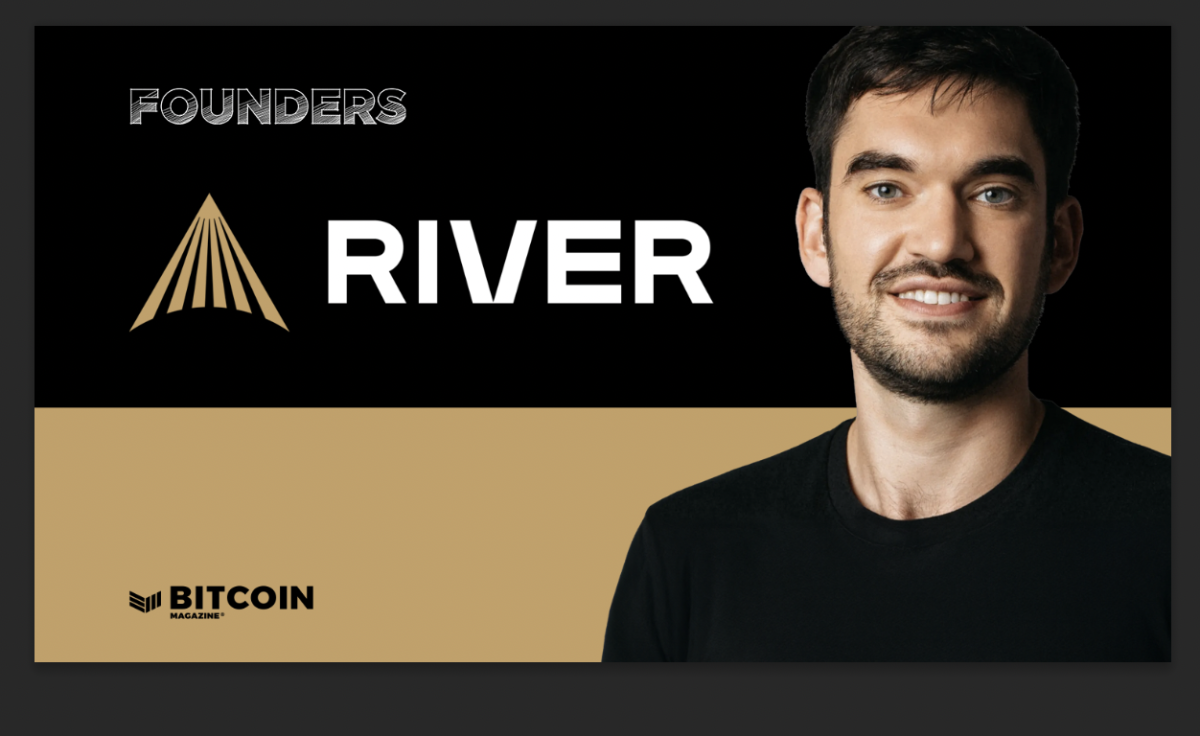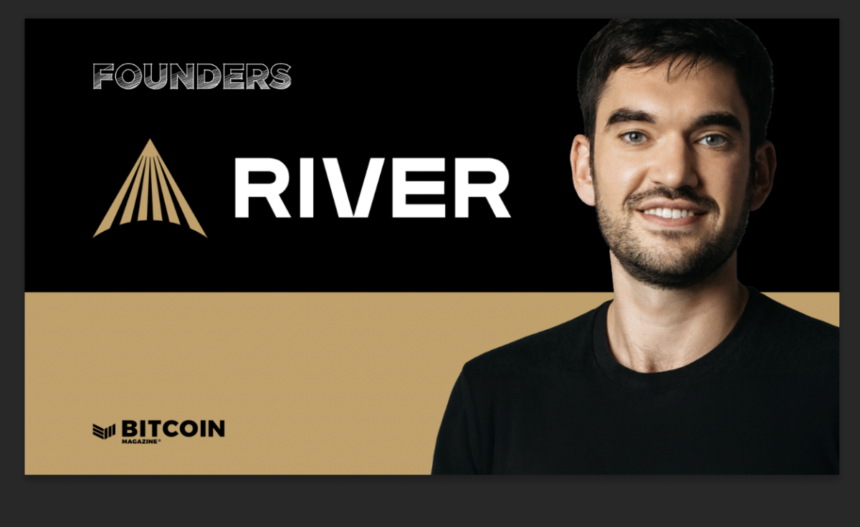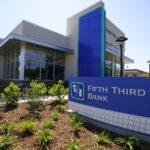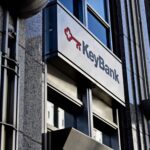
Company Name: river
Founder: Alexander Leishman
Established date: February 2019
Headquarters: Columbus, Ohio
Amount of Bitcoin held by the Treasury: Reserve Proof Begins Soon
Number of employees: 50
Website: https://river.com/
Public or private? Private
How can a brokerage that only deals in Bitcoin make a profit? The answer is not complicated.
We provide the highest quality service at an affordable price to as many people as possible.
This is the strategy of Alexander Leishman and team. river Hire.
And River’s high-quality service relies heavily on staying true to what Leishman calls the “spirit of Bitcoin,” with a “no keys, no coins” philosophy at its core.
“At River, we decided to take the slow, difficult path so that we could build our own custody system, actually hold our clients’ bitcoin, and operate as a financial institution,” Leishman told Bitcoin Magazine.
Building on his own strong education and professional foundation, building a strong foundation is clearly important to Leishman.
engineer
Leishman holds a bachelor’s degree in aerospace engineering and a master’s degree in computer science from Stanford University.
His resume His experience ranges from an internship in robotics to working as a cryptographer at Stanford University to a software security engineer at Airbnb.
In other words, he possesses remarkable technical ability, the kind of skill required of someone who stores millions of dollars’ worth of bitcoin on behalf of clients.
And despite his vast knowledge and experience, he remains humble and always aware of the risks involved in his actions.
“Our number one priority is not to fail,” Leishman said.
“People really underestimate that it’s not going to happen by default. You have to be proactive and spend 50 percent or more of your resources to contain entropy, constantly improve your systems and procedures, build automation, build everything you need to contain risk and prevent new risks,” he added.
“In fact, that’s where the majority of the work is.”
Those are tough words for an industry that has a reputation for exchanges going bust or losing customer funds, and Leishman is aware of this.
“I realized there weren’t many people in this industry I could trust,” Leishman said.
“We’ve seen even the most regulated trust companies go bust. They say they have this certification and this license and such and such. And then when it all comes out, we find out this guy was having people deposit coins into a ledger that he lost the keys to three years ago,” he added.
“That’s why we do it ourselves.”
Why Bitcoin?
Given how difficult it would be to run a bitcoin company safely, and the fact that Leishman could make a good living in a variety of fields using his qualifications and experience, why was he attracted to bitcoin?
“I got interested in bitcoin because I was immersed in economics in college,” Leishman recalled. “I started reading about Austrian economics and ended up Denationalization of money By Friedrich Hayek.
As he became more aware of the dangers of centralized power structures of any kind, from the Federal Reserve to supranational organizations like the EU, he was drawn to the idea of challenging central banks.
Before discovering Bitcoin, Leishman wanted to create his own form of money that couldn’t be controlled by governments.
“I wanted to create a commodity-backed currency, but it would have been centralized,” he said.
“I had no idea how to do it without going to jail, and I had no idea how to make a business out of it,” he added.
“When I discovered Bitcoin, I thought, ‘This is the fulfillment of prophecy. This is going to change everything.’ I knew right away I had to get involved.”
And he did: After college, he completed a coding bootcamp and then headed west to find work in San Francisco, then the epicenter of the US bitcoin industry.
Bitcoin and the Bay Area
“I didn’t have a job before I moved to the Bay Area,” Leishman recalls. “Everything was happening with Bitcoin at the time, and I wanted to be at the center of it, so I moved to the Bay Area.”
But it didn’t take long for him to find work. In March 2014, Leishman landed his first job in the bitcoin industry, working at a Taiwanese bitcoin exchange called Huawei. MyCoinA company specializing in Bitcoin transactions and payments.
At MaiCoin, Leishman identified and fixed security vulnerabilities and built the APIs used for merchant services.
Beyond his experience with MaiCoin, Leishman looks back fondly on his time in the Bay Area.
“The culture was very different then,” he said.
“The concept of Bitcoin maximalism didn’t really exist. No one was uncomfortable with a new coin because people basically use these things to try out new ideas,” he added.
“It was a lot more free and more academic. It allowed people to try out ideas without the economic component and without creating so much of a dichotomy between con artists and legitimate people.”
From one angle, this may seem like an odd thing to say coming from someone whose business deals solely in Bitcoin. From another, you might imagine that during his time in San Francisco, Leishman learned many first-hand lessons about what makes Bitcoin different from all other crypto networks and assets.
He added that “everyone knew Bitcoin was king, but no one was challenging it.”
After MyCoin, Leishman completed graduate studies at Stanford University, where he worked as a teaching assistant for courses on Bitcoin and other cryptocurrencies. Dan BonnetCo-founder of Stanford University Computer Security LaboratoryBuild a secure infrastructure for asset management, Polychain Capitala cryptocurrency hedge fund.
By the start of 2019, he was ready to start his own initiative.
Building River
Using what he had learned about cryptocurrency security and payments, Leishman set out to build a Bitcoin platform that would not only protect client funds with a best-in-class multi-sig security model, but also make it easier for users to use Bitcoin as a means of exchange. Lightning NetworkRiver provides custody services to users. Lightning Wallet.
Building all of River’s infrastructure is what sets it apart from others in the industry, Leishman said. When brokerages use third-party custodians, they give up control over what they can offer to clients.
“Exchanges can only use what third parties decide to build,” Leishman said of exchanges that haven’t built their own custody infrastructure, “and all of those third parties store multiple coins and rarely prioritize bitcoin-related stuff.”
With Leishman taking on the roles of CEO and CTO, Rivers will be in a distinct position to forge its own path.
“Thinking like a good engineer leads to good business,” Leishman said.
“I’m the guy who leads the company. I know how to make what we need. I know how to ship what we ship to serve our customers,” he added.
“I think that’s the right archetype for a company like ours.”
For now, it’s the same thing over and over again.
Although Bitcoin is gaining popularity as a store of value, Leishman believes it still has a long way to go before it is more widely accepted as a means of exchange.
Additionally, River’s main business is brokerage services.
“We make most of our money from bitcoin brokerage,” Leishman said.
He also noted that while River earns revenue from other services, such as operating two major lightning nodes, the revenue from those is tiny compared to the revenue the company makes from its brokerage services, which it continues to work on improving.
“There’s always something we can do to make the registration and purchasing process simpler and of higher quality, so that people feel like all of their security needs are being met with storage,” Leishman said.
“Also, the real challenge is interfacing with the fiat currency system. So, I think the big trend we’re going to see over the next three to five years is for Bitcoin to continue to grow as a store of value,” he added.
“We are entering an era where people will have savings in dollars and Bitcoin, and seamless exchange between Bitcoin and fiat currencies is our focus.”








